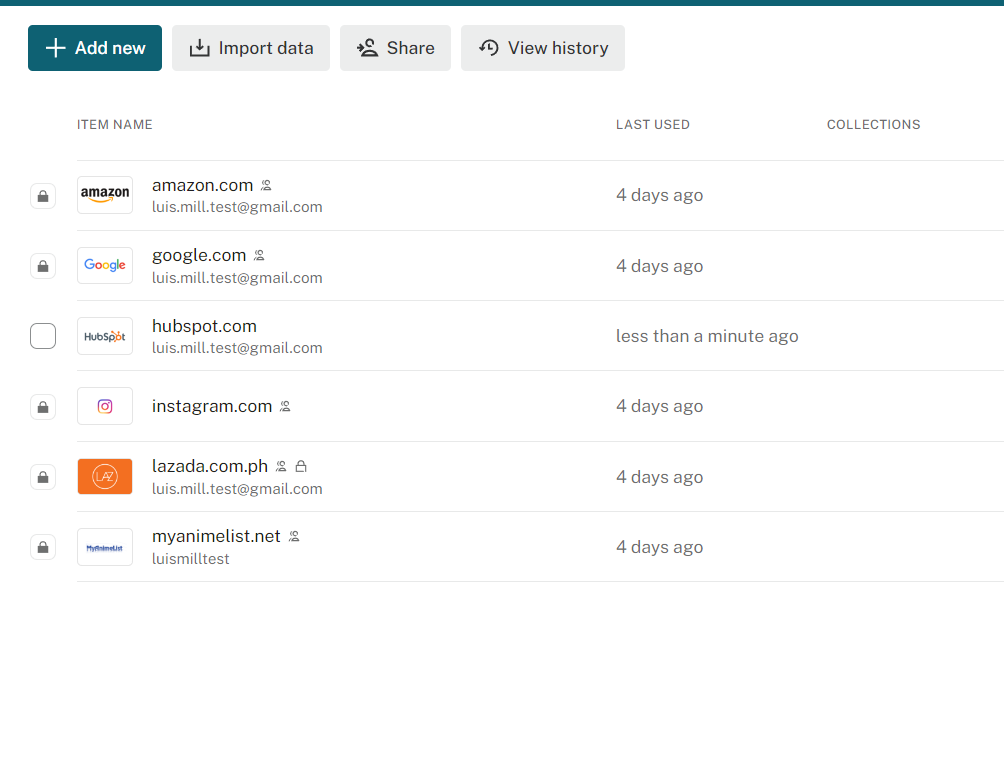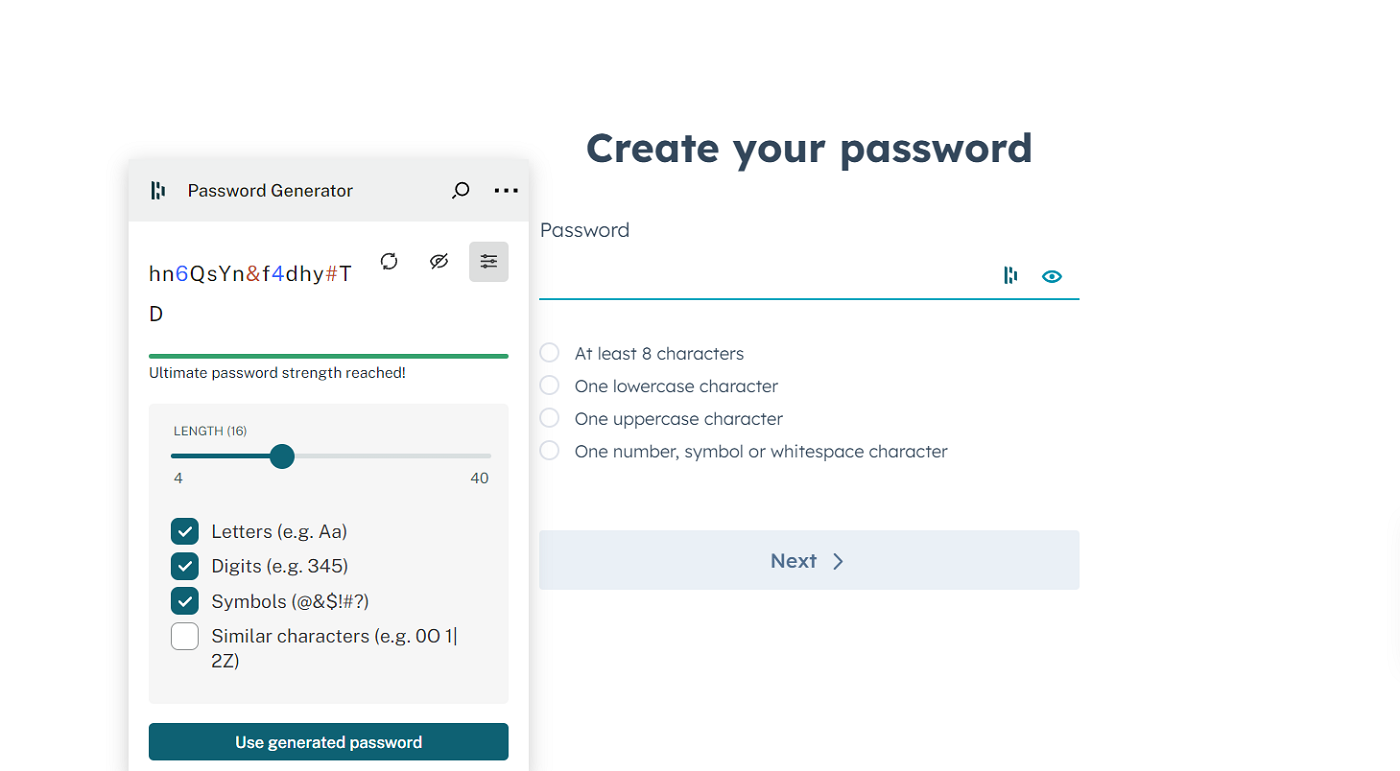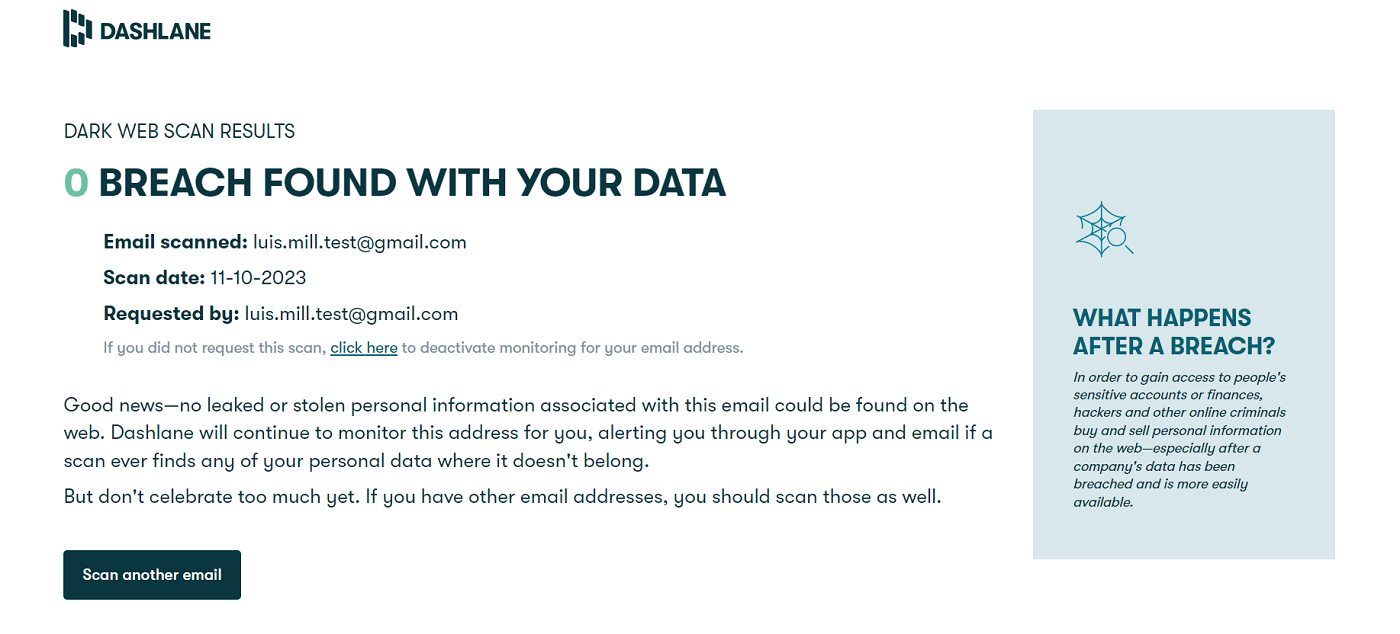
Dashlane is one of few password managers that offers a completely free version. While limited in comparison to Dashlane Premium, the free version still allows users access to key password management features.
If you’re wondering if you should stick with the free version or make the investment in Dashlane Premium, this article highlights the differences and pros and cons to help you decide.
| Features | Free | Premium $4.99/month |
|---|---|---|
| Password storage | Up to 25 passwords | Unlimited |
| Support | No | Email and chat support |
| Devices | One at a time | Multiple devices |
| Two factor authentication | Yes | Yes |
| Password generator and history | Yes | Yes |
| Autofill | Yes | Yes |
| Dark web monitoring | Yes | Yes |

Dashlane’s free version only allows users to store up to 25 passwords on one device, whereas Dashlane Premium offers unlimited password storage across multiple devices. When you consider logins to cloud providers, streaming services, banking, phone services, email and more, 25 passwords isn’t a lot. If you need more, you’ll likely want to opt for Dashlane Premium.
Dashlane Premium comes with email and chat support. And as of December 2023, support is no longer available for the free version. With email and chat support dependent upon the responsiveness of those at the other end and their level of expertise, a lack of support in the free version shouldn’t be a reason to favor the premium edition more.
The free version is available only on one device. With Premium, a user can use the password manager across multiple devices with no restrictions. Most users, these days, use multiple devices. But there are many who only use a laptop or smartphone. In these cases, the free version may suffice provided the number of passwords remains low enough.
Two-factor authentication (2FA) is available in both versions. This provides an extra level of protection. Even if a bad actor learns a password, they still have to enter a second item such as a code or biometric before they can access an application.

Both versions include a password generator and store the user’s password history. As most sites now want at least eight characters—including capital and small letters, a number and a symbol—few users will be able to remember all their passwords. Password generators create lengthy passwords that are extremely difficult, if not impossible to crack. The app will store the passwords, and their history, so users don’t have to remember. These capabilities are built into the free and paid versions.
Both versions provide autofill capabilities to save user time. There is no need to type in your name, address, email, phone each time you set a password for a new site. Dashlane takes care of this automatically.

Both versions offer dark web monitoring to see if usernames and passwords have been compromised. This feature is important as many users get sloppy and use the same or similar passwords across multiple devices and applications. If hackers obtain one, they can use it to gain access to many other applications.
These products were evaluated based on a survey of user feedback and product reviews. Read our full review of Dashlane for more information.
Dashlane’s free version may suffice for someone who is tied to one device. A user who mainly favors a laptop or a phone will likely find its feature set more than sufficient in many cases. After all, it comes with just about all of the security features built into the paid edition. This includes 2FA, encryption, dark web monitoring, password generation and more. There is a caveat. The free version can’t store more than 25 passwords. These days, many users need access to far more than that. In those cases, and where the person moves fluidly from one device to another, Dashlane Premium is worth the investment. The user also gains access to support options which are not available in the free version.